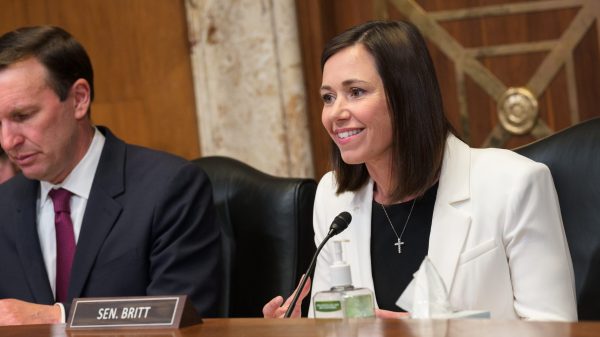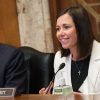By Brandon Moseley
Alabama Political Reporter
Wednesday, the Insurance Institute for Business & Home Safety (IBHS) announced that they had conducted a state by state analysis, evaluation, and comparison of building code and enforcement systems for residential buildings.
IBHS President and CEO Julie Rochman said, “Building codes are minimum building performance standards that are designed to reduce deaths, injuries and property damage caused by severe weather. Homes that are built using stronger building codes should be less vulnerable to the effects of severe weather events, which should make property damage less likely and less intense.”
The report it titled, “Rating the States: An Assessment of Residential Building Code and Enforcement Systems for Life Safety and Property Protection in Hurricane-Prone Regions.” The report shows how the 18 hurricane prone states can improve their building code systems to better protect their citizens and decrease risk to insurers.
Modern building codes can reduce the amount of storm-related damage in wind related events like hurricanes and tornados. In 1992 Hurricane Andrew (a Category 5 storm) hit South Florida resulting in $24.5 billion (in 2011 dollars) in losses to insurance companies, according to the Insurance Information Institute. In 2004, a study done by IBHS, the University of Florida and the FEMA Mitigation Assessment Team after Hurricane Charley showed that modern building codes reduced the severity of losses by 42 percent and loss frequency by 60 percent.
President Rochman said, “Just having a modern building code is not enough. Good building codes have little value if they are not well-enforced. Independent studies of damage following Hurricane Andrew and the 1994 Northridge Earthquake in California revealed that lax code enforcement needlessly increased total damage.” “Plan reviewers and building inspectors are vital to the success of building codes. Unless these functions are adequately funded and staffed with qualified, trained, tested and certified personnel, the full value of building codes will not be realized.”
The report rated the 18 states on a 1 to 100 scale on the rank of the strength of their building codes and how well they are enforced. Florida and Virginia did the best, scoring a 95. New Jersey was second with a score of 93. Massachusetts 87, South Carolina 84, Connecticut 81, North Carolina 81, Rhode Island 78, Louisiana 73, Maryland 73, Georgia 66, Maine 64, New York 60, and New Hampshire 49. Alabama is among the poorest scoring states in the study. Alabama and Texas tied with just 18 points. They were followed by Delaware 17 and Mississippi with 4 points.
According to the report, Alabama and the states with the lowest scores do not have a mandatory statewide residential building code. The study also claims that the Alabama homebuilders lack the professionalism found by builders in other states. Alabama and the other bottom states were also cited for lacking professionalism in the implementation of building codes.
Specifically the report cited Alabama for the lack of a statewide residential building code, no requirement that the codes that do exist are enforced, and there is no state program for certifying building inspectors.
According to the report, “In November 2011, the State of Alabama provided the Alabama Energy and Residential Board with the authority to adopt a statewide residential code. In addition, a process was created that could lead to approval of the 2009 International Residential Code in the state; however, no mandatory enforcement requirement for local jurisdictions is contemplated in that process. As a result, when a local jurisdiction decides to adopt a residential code after the new system goes into effect, that jurisdiction must adopt the 2009 International Residential Code with Alabama’s amendment and any further local amendments desired. Implementation is expected sometime in 2012.”
The IBHS is a leading national expert on preparing for, and repairing and rebuilding structures after, a catastrophe to make them more disaster-resistant.
To read the report in its entirety:
http://64.16.194.32/content/data/file/ibhs-rating-the-states.pdf





















































